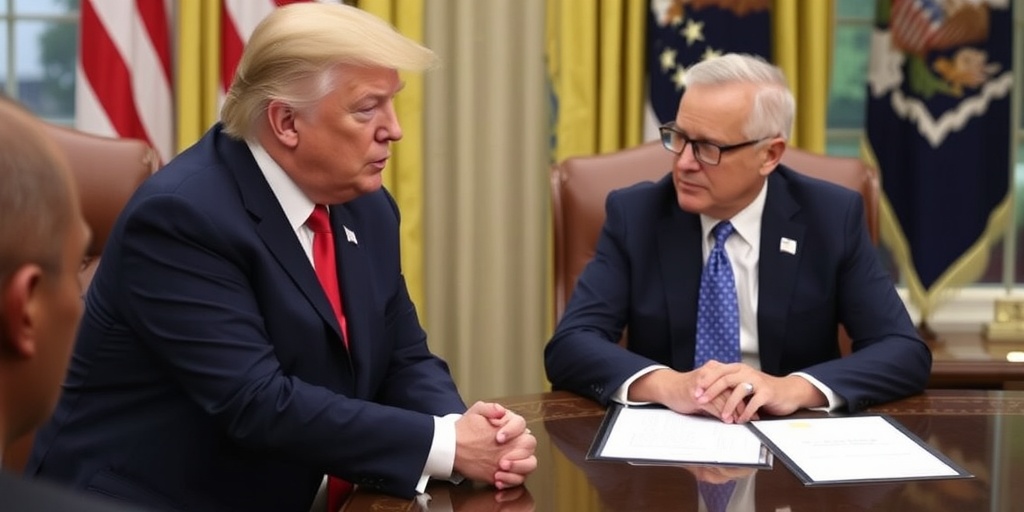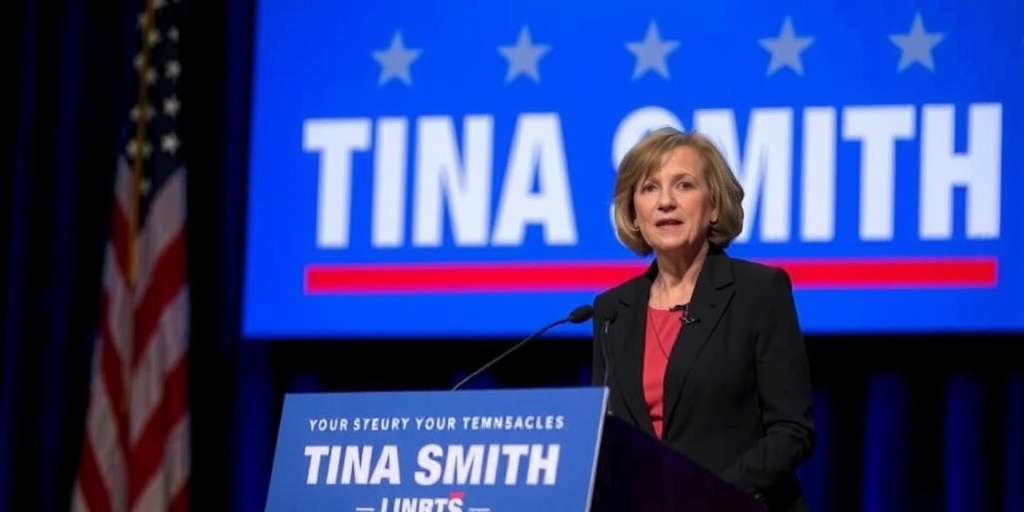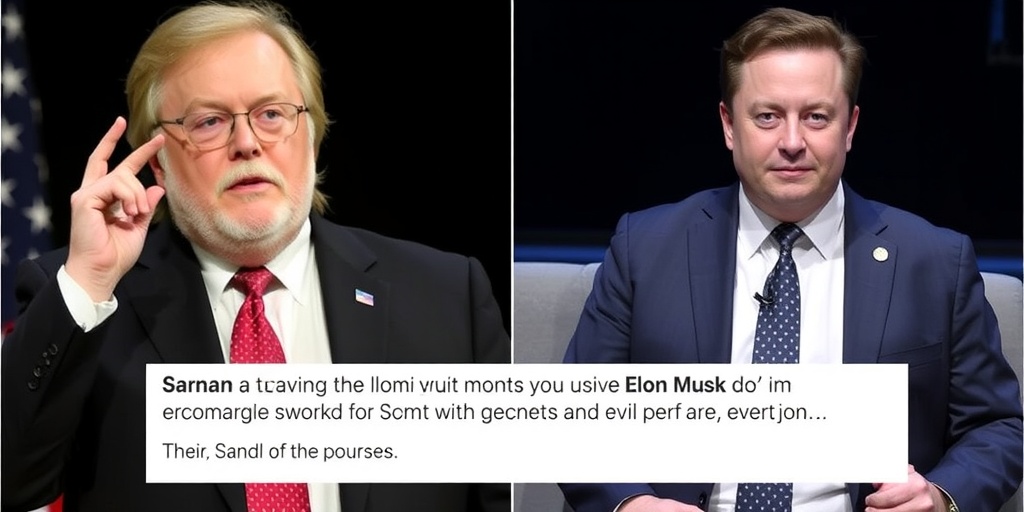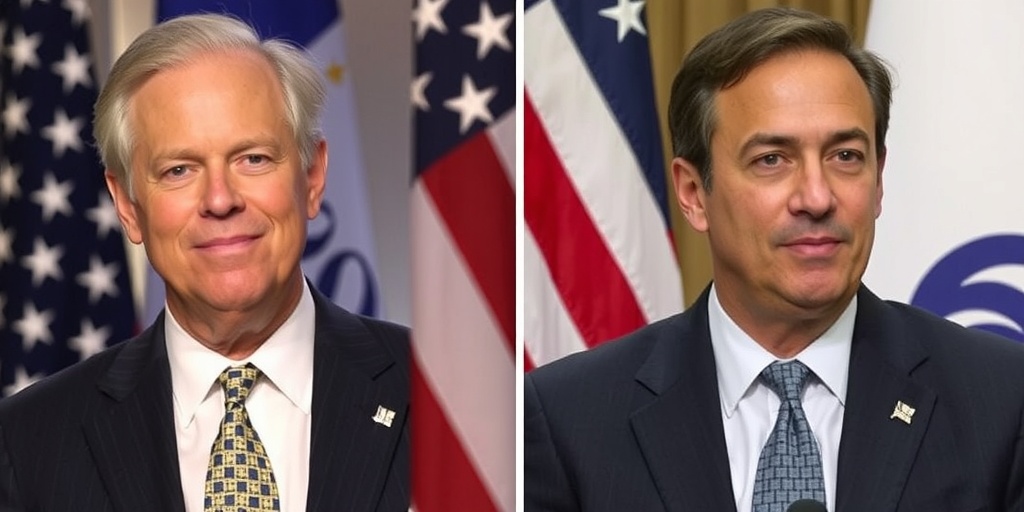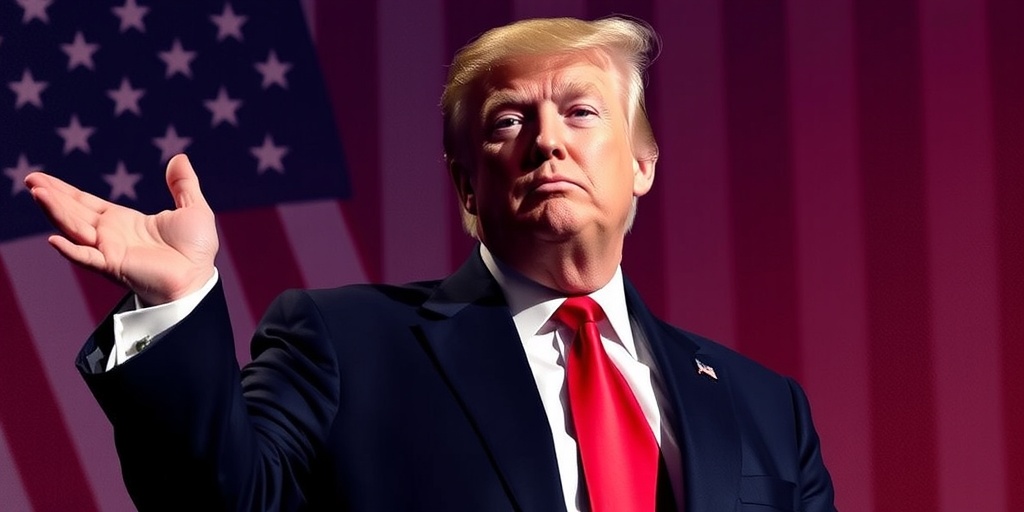Now Reading: Polio Survivors Focus on McConnell During Kennedy Confirmation
-
01
Polio Survivors Focus on McConnell During Kennedy Confirmation
Polio Survivors Focus on McConnell During Kennedy Confirmation
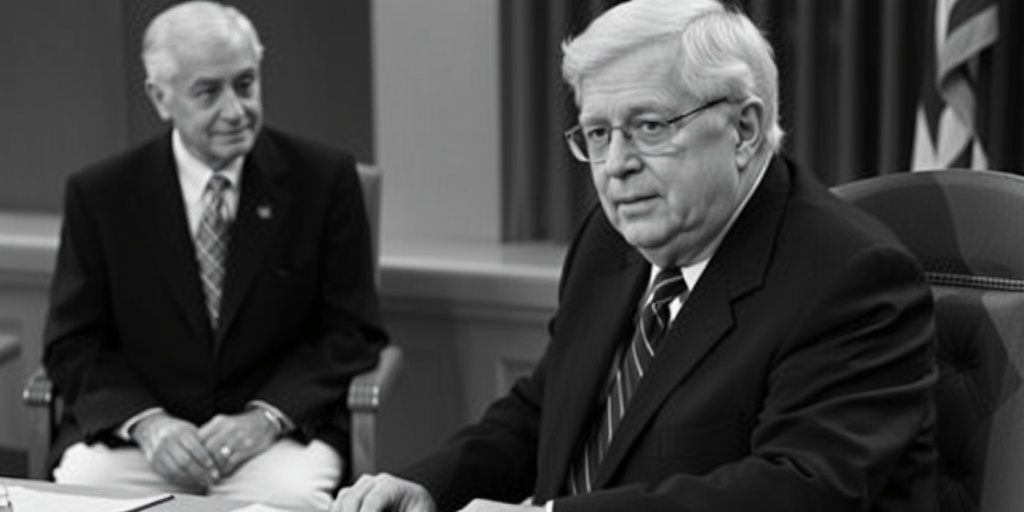
Polio Survivors Raise Concerns Over Robert F. Kennedy Jr.’s Nomination as Health Secretary
As Robert F. Kennedy Jr.’s nomination for Secretary of Health approaches a critical Senate vote, a diminishing community of polio survivors is voicing urgent concerns. Nearly 70 years after the introduction of Dr. Jonas Salk’s effective polio vaccine, those who lived through the crippling disease are troubled by Kennedy’s history of vaccine skepticism and his recent comments downplaying the polio vaccine’s impact in eradicating the virus.
The grim reminders of the polio epidemic are fading, and many survivors feel overlooked. Iron lungs, once vital for keeping afflicted children alive, have become relics of the past, disappearing from public memory and history books. Some survivors are certain that much of society has forgotten both their struggles and the lasting effects of the virus. An estimated 300,000 polio survivors remain in the United States today, according to advocacy groups, and they are watching the proceedings closely.
Among the prominent figures in the survivor community is Senator Mitch McConnell, who himself contracted polio as a child. He has faced pressure to take a definitive stance against Kennedy’s nomination, particularly in light of his past remarks about vaccines. While McConnell has made ambiguous statements regarding the importance of maintaining public trust in proven medical solutions, he has not directly addressed Kennedy’s specific views or indicated how he intends to vote.
Kennedy, a vocal critic of vaccines, has termed the assertion that the polio vaccine led to a decline in the disease “a mythology." His statements have sparked outrage among polio survivors, including Representative Steve Cohen of Tennessee—the only other polio survivor in Congress—who called for Kennedy’s nomination to be rejected. Cohen expressed a duty to advocate for all polio-affected individuals, emphasizing the need to honor those who died or endured severe consequences from the virus.
As discussions unfold, public figures like Mia Farrow and Francis Ford Coppola have also spoken out. Farrow, herself a polio survivor, posted a historic image of iron lungs on social media and questioned the potential for a return to past horrors. Coppola reflected on packed hospital wards filled with children suffering from polio, underscoring the public health crisis that defined a generation.
Kennedy attempts to temper his critics by asserting support for the polio vaccine during his Capitol Hill visits, despite his provocative statements that challenge its success in previous decades. This dissonance leaves many survivors feeling wary and threatens to cloud the narrative around vaccination in general. Among those voicing discontent is bioethicist Arthur Caplan, who recalls his own childhood interactions with polio patients. He emphasized that survivors must remind the public of the dire consequences of polio and the importance of vaccines.
Survivors are also grappling with the emergence of post-polio syndrome, a condition that can resurface decades after initial recovery, leading to renewed physical challenges as they age. Many feel it is more crucial than ever to ensure proper care and resources are available for those suffering from these long-term effects.
The emotional burden is felt acutely, as many worry that Kennedy, if appointed, could undermine public trust in vaccines, thereby risking the health of future generations and inviting the possibility of a polio resurgence. They hope that McConnell will act decisively against the nomination, as failure to do so could tarnish his legacy among those who once looked up to him as a symbol of resilience.
Organizations like Post Polio Health International are actively opposing Kennedy’s nomination, advocating for stronger public health policies and continued support for vaccinations. They have sent letters to all 100 senators, urging them to consider the broader implications of Kennedy’s views.
The confirmation hearings for Kennedy are forthcoming, with expectations set for heightened scrutiny of his track record on public health matters. If McConnell chooses to speak out forcefully against the nomination, his voice will resonate beyond the Senate chamber, potentially impacting public perception of vaccinations and their role in preventing disease.
In the face of dwindling numbers, the polio survivor community remains vigilant, hoping for a future where vaccines are unequivocally supported and the painful history of polio is never forgotten. Their collective voice calls for clarity and commitment to preventing a repeat of a dark chapter in American medical history. As they gather their stories and experiences, survivors know they must raise awareness and remain active participants in the discourse surrounding health and safety in their communities.
Stay Informed With the Latest & Most Important News
Previous Post
Next Post
-
 01New technology breakthrough has everyone talking right now
01New technology breakthrough has everyone talking right now -
 02Unbelievable life hack everyone needs to try today
02Unbelievable life hack everyone needs to try today -
 03Fascinating discovery found buried deep beneath the ocean
03Fascinating discovery found buried deep beneath the ocean -
 04Man invents genius device that solves everyday problems
04Man invents genius device that solves everyday problems -
 05Shocking discovery that changes what we know forever
05Shocking discovery that changes what we know forever -
 06Internet goes wild over celebrity’s unexpected fashion choice
06Internet goes wild over celebrity’s unexpected fashion choice -
 07Rare animal sighting stuns scientists and wildlife lovers
07Rare animal sighting stuns scientists and wildlife lovers













